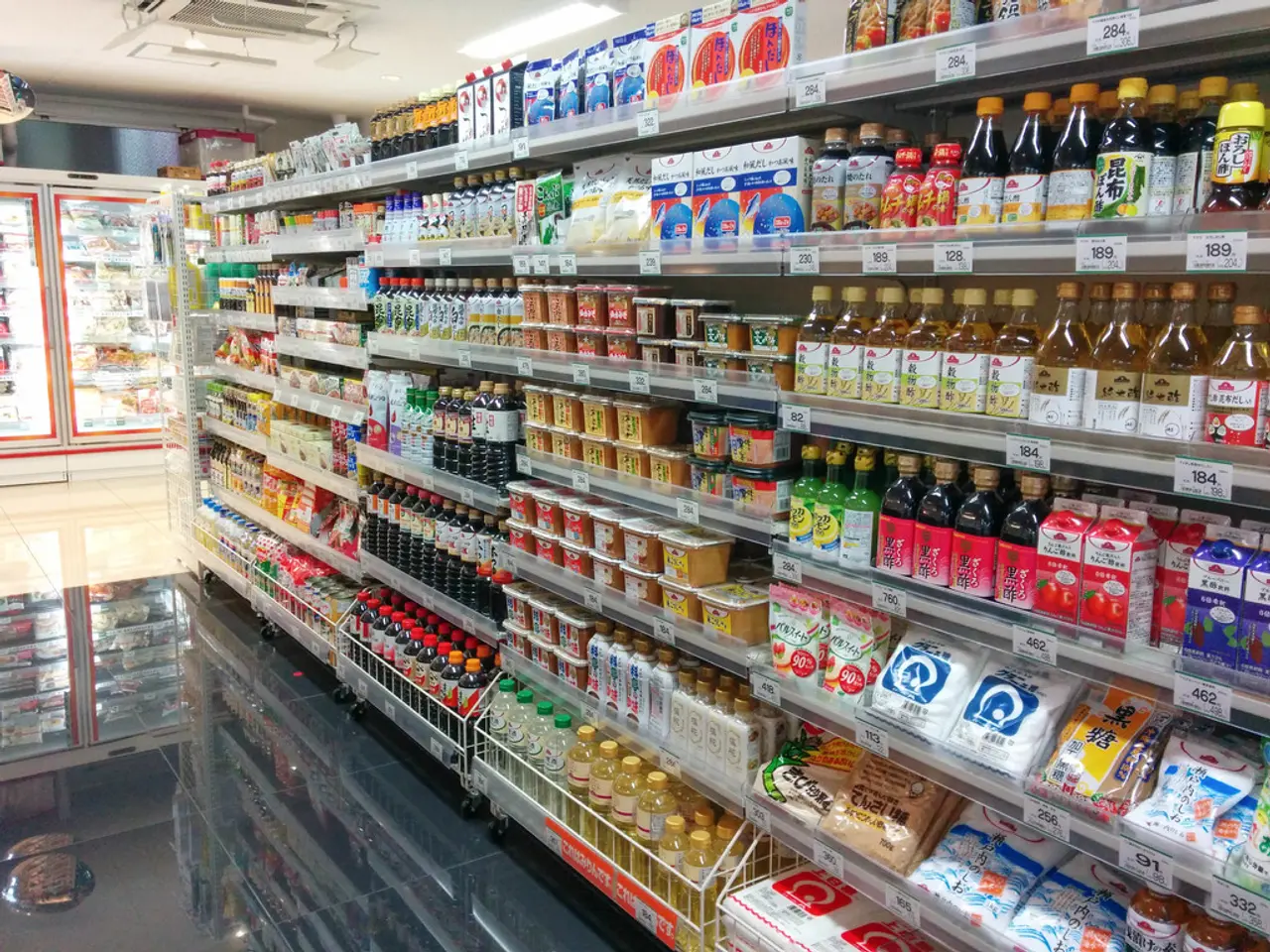Record-breaking number of customers changed electricity or gas providers in the year 2024. - Record-breaking Number of Customers Changed Suppliers in 2024
In 2024, a record-breaking number of German households switched their electricity and gas suppliers, driven by the pursuit of better energy rates and the desire to save money. According to data from the Federal Network Agency, approximately 7.1 million electricity customers and 2.2 million gas customers made the switch, marking increases of 18% and 22% respectively compared to the previous year[1].
The benefits of switching suppliers were significant. By changing providers, German households collectively saved about EUR2.2 billion on energy costs in 2024[1]. This savings is a result of opting for more competitive contracts that often offer lower rates than the standard basic supply.
The average price for electricity from the basic supply was 40.1 cents per kilowatt hour, while with an alternative provider, it was 38.2 cents. Similarly, gas prices were lowest with competitive providers, averaging 11.6 cents per kilowatt hour. These price differences have made alternative suppliers increasingly attractive to consumers.
The increased competition and willingness of consumers to switch providers contribute positively to Germany's energy transition and market competition[1]. Last year, the share of households using the basic supply for electricity was around 23%, and for gas, it was about 16%. In contrast, over 3.3 million electricity customers and 1.2 million gas customers adjusted their contracts independently.
The trend towards switching suppliers is attributed to consumers seeking alternatives to the basic supply service typically provided by local utilities, which often proves more expensive than other available contracts[1]. Klaus Müller, president of the Federal Network Agency, based in Bonn, Germany, stated that consumers are looking for better terms[2].
The energy transition in Germany, overseen by the Federal Network Agency, has been impacted by rising energy prices following the Russian attack on Ukraine at the beginning of 2022. This event led to a sharp increase in energy prices, contributing to the rise in power and gas disconnections[3]. The network agency attributed the rise in disconnections to the energy price increases and catch-up effects[3].
However, Müller also noted that those leaving the basic supply could save several hundred euros per year[2]. The savings, combined with the benefits of a more competitive market, have encouraged more consumers to switch suppliers.
In conclusion, the switch to different suppliers reflects a proactive approach by consumers to manage their energy expenses effectively while supporting the broader energy transition goals in Germany.
[1] Source: Federal Network Agency [2] Source: Reuters [3] Source: Deutsche Welle
- Energy transition in EC countries, such as Germany, involves switching suppliers to save money and support market competition.
- Consumers are increasingly attracted to alternative suppliers due to lower energy rates and competitive contracts, driving a significant shift away from basic supplies.
- In 2024, the rise in the number of households switching electricity and gas suppliers in Germany led to savings of approximately EUR2.2 billion on energy costs, as reported by the Federal Network Agency.
- Science and technology, such as renewable energy and climate-change research, play crucial roles in financing the energy transition and finding sustainable solutions for the future of the industry and environment.




